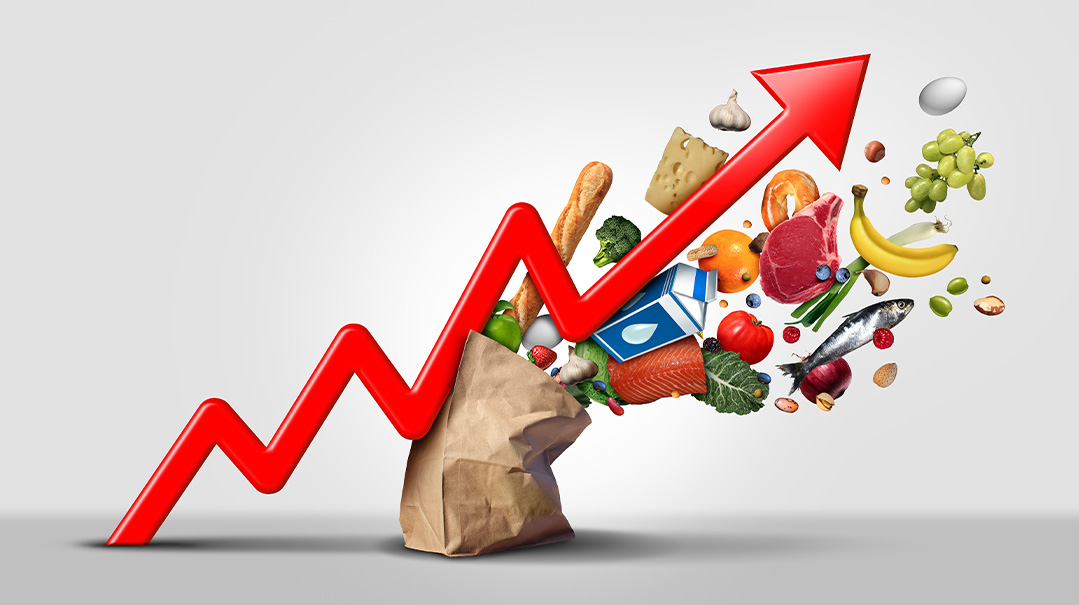Creeping Fears of Recession

What does raising interest rates accomplish? It makes us consume less of anything we pay interest on

F
ears about rising inflation won’t be calmed by the hawkish signals coming out of the Fed and the growing likelihood of a recession.
Mere weeks after the Fed’s decision to raise interest rates for the first time in years, by 0.25%, several big banks anticipate the trend will gain traction, precipitating a series of aggressive interest rate hikes throughout the year.
The central bank’s logic is that to deal with rampant inflation, there’s nothing for it but to slam on the brakes and reduce demand by raising interest rates.
What does raising interest rates accomplish? It makes us consume less of anything we pay interest on.
First and foremost, it’s expected to cool the red-hot real estate market, where prices have surged in the two years of the coronavirus crisis, largely as a result of many Americans’ desire to move out of crowded city apartments into larger houses with backyards. High demand combined with negligible interest rates led to a meteoric rise in housing prices, while at the same time many investors entered the market due to the low-risk characteristic of a zero-interest-rate environment. The expectation is that now, with interests rates a little higher, some investors will leave the market, bringing down prices somewhat.
High interest rates will also reduce the appeal of buying a new car, and that’s why several automakers were offering special deals of 0% interest financing this week, something you shouldn’t expect to see over the next few years. Beyond this, any consumer goods such as PCs, cell phones, or furniture, which tend to be paid for in installments as opposed to with cash, will become more expensive. As people are motivated to consume less, prices will come down.
But cooling consumption brings with it another fear — economic recession. If people are buying less, manufacturers’ profits will decline, and they’re liable to fire workers. Fewer workers making products means fewer salespeople marketing them, and so on. In an environment like this, people are less keen to take risks, and will think twice before opening a new business or investing in an intriguing start-up with uncertain prospects. So not only real economic output suffers, but potential for economic growth as well.
Although the dictionary definition is negative growth in two successive quarters, a recession is not a short-term matter. It’s a gradual process with cumulative repercussions that aren’t easy to quantify. Can we measure the economic value lost through all the small businesses that didn’t open? Can we measure how many companies reduced their research and development budgets to keep up their monthly cash flow? Can we measure the effects — educational as well as psychological — on children whose parents lose their jobs? These are all real and painful dilemmas.
The rise in oil prices is bringing inflation to many countries, triggering fears of a global recession. In a situation like this, worry over long-term damage to the economy will only intensify.
Experts have pointed out that every recession in the past few decades was heralded by a surge in oil prices, which is the case now as well. Therefore, the argument is that ending the war between Russia and Ukraine is the key to a stable flow of gas to Europe and falling prices. But if the war continues (some are predicting prices of $150 per barrel), then the chances of a recession will rise accordingly.
(Originally featured in Mishpacha, Issue 905)
Oops! We could not locate your form.






